Diabetes
Nearly five per cent of the population worldwide suffer from diabetes, with approximately 3.4 million dying as a consequence per year. This drives the need for cheaper, easier treatments. The World Health Organisation predicts that diabetes will be the 7th largest cause of death in 2030.More information : https://www.animalresearch.info/en/medical-advances/diseases-research/diabetes/
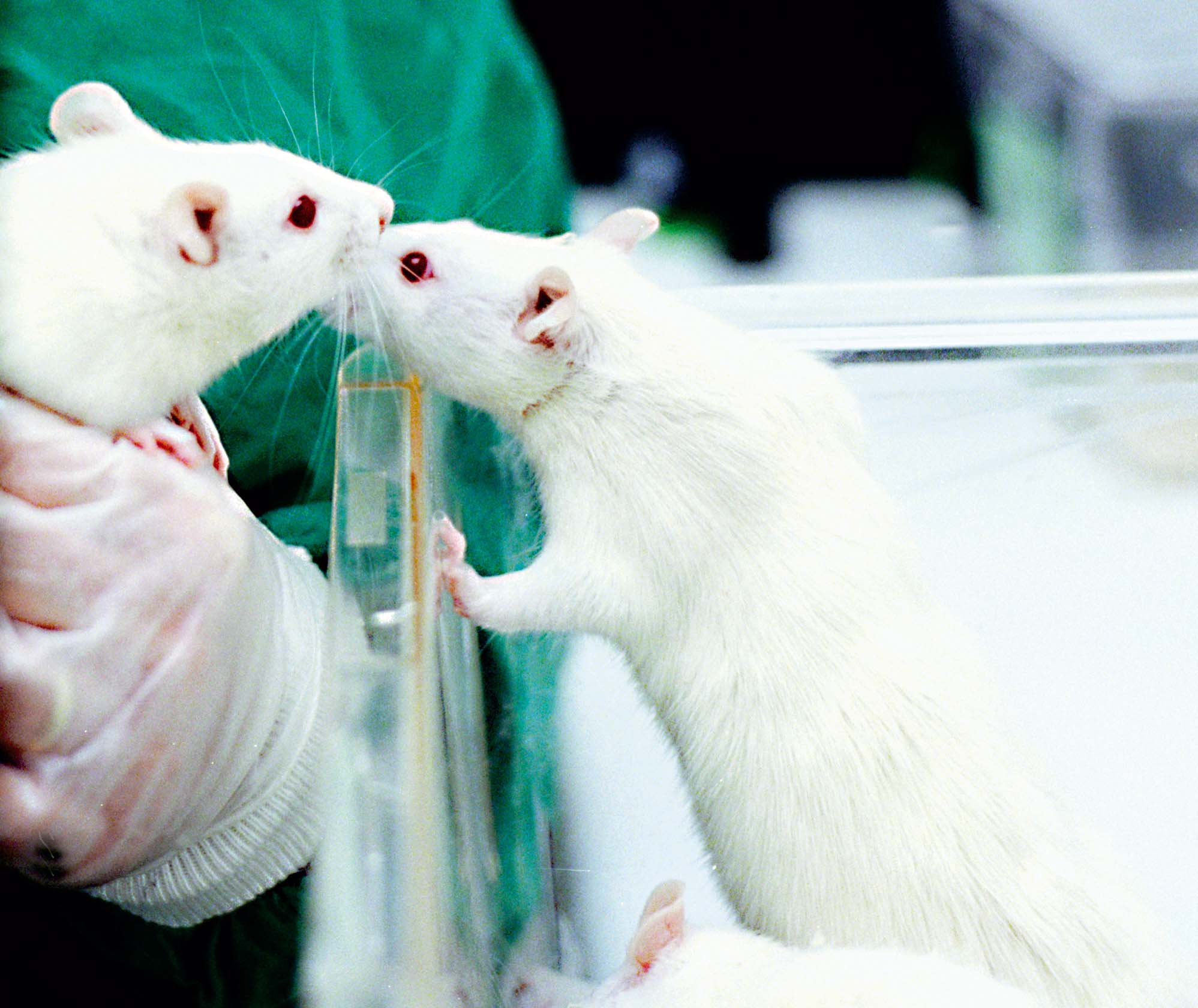
25/06/18 Insulin pill may be on the horizon for diabetics
An insulin pill for people with diabetes could be in the offing, say researchers, providing hope that a daily regime of injections might one day become a thing of the past. Writing in the Proceedings of the National Academy of Sciences, Mitragotri and colleagues report how they took a new approach by dispersing insulin in a liquid made of two components: a nutrient called choline, and a substance called geranic acid that is used as a food flavouring agent and is found naturally in cardamom. Among the experiments, the team put the mixture inside capsules made of a material that can withstand stomach acid, and injected them down the throat of six rats.
https://www.theguardian.com/science/2018/jun/25/insulin-pill-may-be-on-the-horizon-for-diabetics
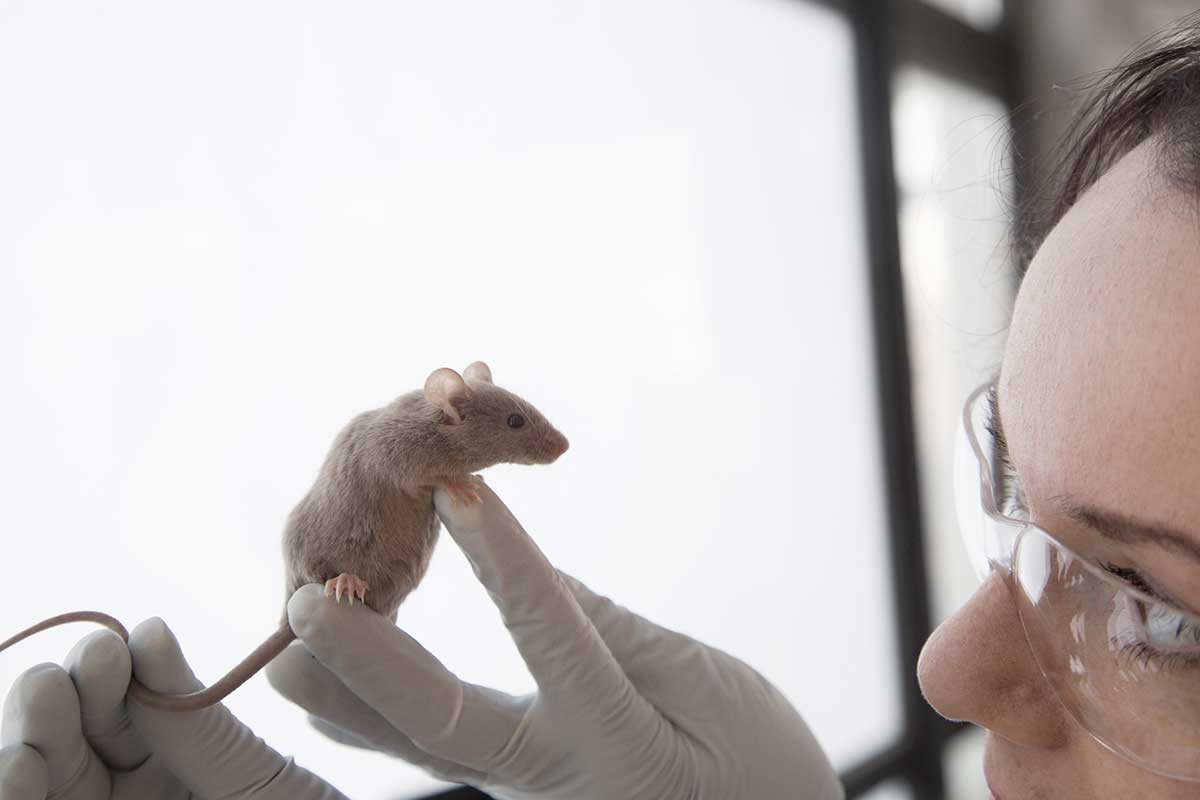
19/06/18 Could coffee replace insulin injections for diabetics?
The days of the insulin pen may be numbered. According to researchers in Switzerland, the future of diabetes treatment will not be a shot in the arm after a meal, but a shot of espresso instead. The scientists hope to transform the lives of diabetics who need regular jabs with an implant that contains hundreds of thousands of designer cells which churn out medicine when they sense caffeine in the bloodstream. Tests on diabetic mice showed that such an implant inserted under the skin could be triggered by the caffeine in coffee, tea or energy drinks to produce a drug that controlled the animals’ blood sugar levels. To raise the dose, the scientists simply administered stronger coffee.
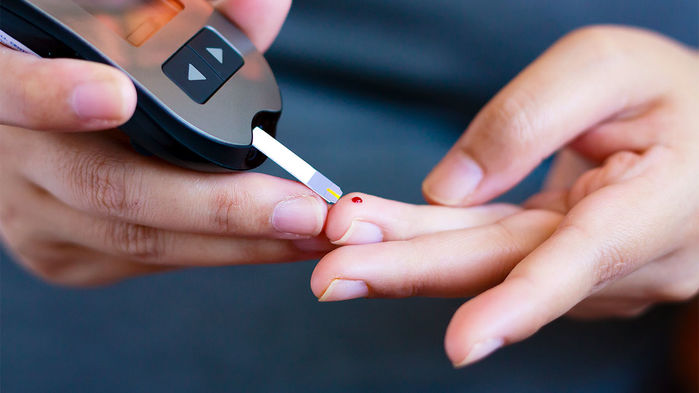
23/05/18 Could deep brain stimulation help zap diabetes?
When a 53-year-old man asked Dutch doctors to treat his obsessive-compulsive disorder (OCD) several years back, they suggested a new but promising surgical treatment: implanted electrodes that would stimulate deep brain tissue involved in decision-making, reward-seeking, and motivation. The treatment apparently helped him go off one of his psychiatric medications, but it came with a surprising side effect—it also seemed to improve his type 2 diabetes. Now, researchers think they know why. A new study suggests that a boost in the activity of dopamine, a neurotransmitter involved in motivation and pleasure, improves the body’s ability to process sugar.This is the first time such a pathway, previously seen in mice, has been found in humans, says Mike Michaelides, a neuroscientist at the National Institute on Drug Abuse in Baltimore, Maryland, who was not involved in the new research. That doesn’t make deep brain stimulation (DBS) realistic for most people with diabetes, but other, less invasive brain therapies that target dopamine might one day be feasible.
http://www.sciencemag.org/news/2018/05/could-deep-brain-stimulation-help-zap-diabetes
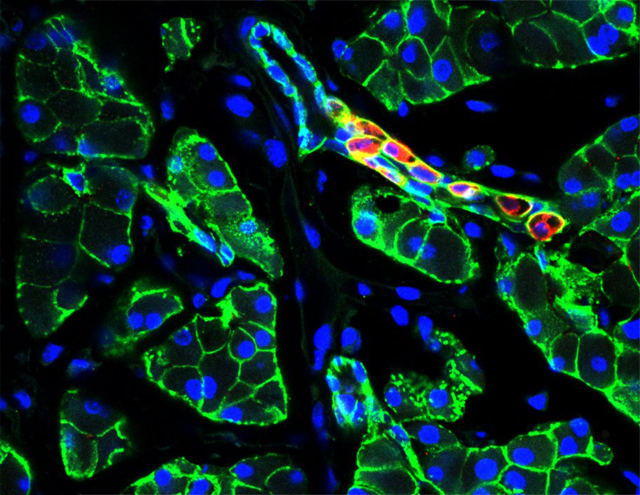
02/05/18 Reprogrammed Cells Treat Diabetes in Mice
One strategy to treat type 1 diabetes, where the immune system destroys insulin-producing β cells, is to convert other cells into β-like cells that then take over insulin production. In a study published May 2 in Molecular Therapy, researchers reprogrammed pancreatic duct cells in vivo to successfully treat both genetically and chemically induced diabetes in mice.
https://www.the-scientist.com/news-opinion/reprogrammed-cells-treat-diabetes-in-mice-36360

05/04/18 Animal Study Suggests Common Diabetes Drug May Also Help with Nicotine Withdrawal
In a mouse study, a drug that has helped millions of people around the world manage their diabetes might also help people ready to kick their nicotine habits. Investigators say metformin, an inexpensive drug commonly used to treat patients with type 2 diabetes, appears to block symptoms of nicotine withdrawal in rodents.
08/12/16 Encapsulated cells diabetes treatment
A cell-based diabetes treatment has been developed by scientists who say it could eliminate the need for those with the condition to inject insulin. The therapy involves a capsule of genetically engineered cells implanted under the skin that automatically release insulin as required. Diabetic mice that were treated with the cells were found to have normal blood sugar levels for several weeks. Scientists said they hope to obtain a clinical trial licence to test the technology in patients within two years.
https://www.theguardian.com/science/2016/dec/08/new-diabetes-treatment-could-eliminate-need-for-insulin-injections

01/12/16 New diabetes treatment from platypus?
Scientists have found the same hormone produced in the gut of the platypus and the echidna to regulate blood glucose is also surprisingly produced in their venom. The same hormone may pave the way for the treatment of diabetes in humans, they believe.
http://www.telegraph.co.uk/news/2016/12/01/platypus-echidna-venom-may-hold-key-new-diabetes-medication/
http://www.nature.com/articles/srep37744
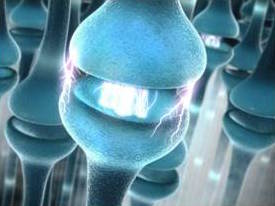
01/08/16 Treating diabetes by attaching electrodes to nerves which control insulin production?
Animal studies have shown that by attaching a silicone "cuff", containing electrodes, around a nerve, scientists can control the nerve's messaging by sending electrical impulses. The studies suggest such approaches may help treat type-2 diabetes, using electrical signals to force the body to produce insulin. Galvani Bioelectronics is hoping to bring a human treatment to bear within seven years.
http://www.bbc.co.uk/news/health-36940755
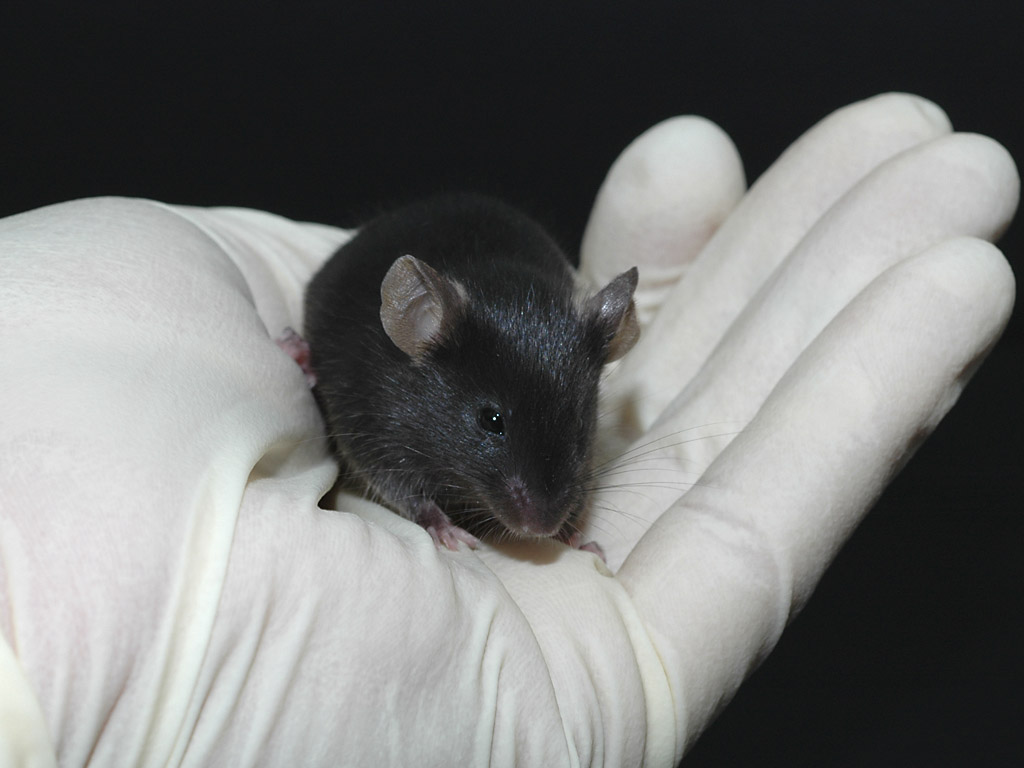
26/01/16 New treatment effectively halt progress of Diabetes in mice
American researchers have managed to halt Type I Diabetes in mice for six months by using insulin-producing cells. The researchers used human stem cells to create insulin-producing islet cells, to treat the condition. Such a method might be a route to effectively cure Type I diabetes, which affects around 400,00 people in the UK and currently requires them to take daily injections.
http://www.thetimes.co.uk/tto/health/news/article4674277.ece

02/10/15 Diabetes medication reduces the Fun of Alcohol for mice and rats
A new study in mice and rats shows that a medication used for diabetes and obesity also could be valuable to treat alcohol dependence. Interfering with the hormone GLP-1 could be a target for treating alcohol dependence and researchers have just found a medication that resembles GLP-1 which is used to treat diabetes and obesity. This GLP-1-like substance prevents the ability of alcohol to increase dopamine in reward areas in the mice, suggesting that they no longer experience a reward from alcohol. The diabetes medication caused rats to decrease their alcohol intake and reduced the motivation to drink alcohol, preventing relapse drinking in the rats.
http://www.alnmag.com/news/2015/09/diabetes-medication-reduces-fun-alcohol-mice-rats

27/07/15 Dolphins help understand diabetes
Despite repeated health warnings about the dangers of eating food which contain high levels of saturated fats and cholestrol, a new study has found a particular saturated far which may help reverse prediabetes. Studies on bottle-nose dolphins found dolphins with high levels of heptadeconoic acid had lower insulin and triglycerides.
http://www.alnmag.com/…/research-dolphins-provides-hope-pre…
08/06/15 antibody could slow down type I diabetes
An antibody that targets the immune system cells that cause type I diabetes has been shown to slow the development of the condition in mice. BL-9020 targets a specific receptor on the 'natural killer' cells of the immune system, which play a critical role in the destruction of insulin-secreting beta cells in the pancreas. In humans this treatments could be used to treat the disease in early stage patients when beta cell function in the pancreas has not been completely destroyed.
http://medicalxpress.com/…/2015-06-antibody-treatment-diabe…
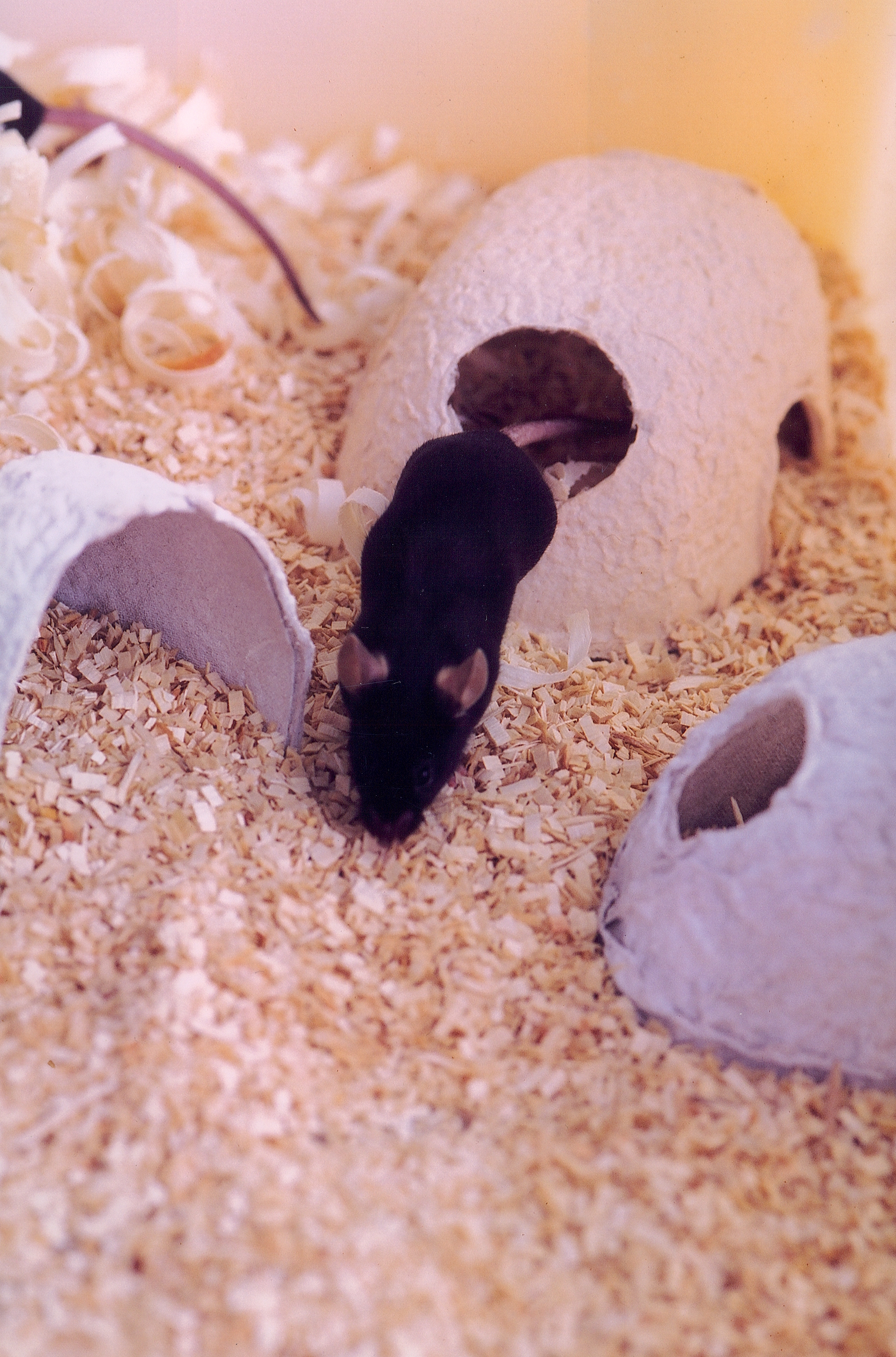
23/03/15 Vitamin D prevents diabetes and clogged arteries in mice
Vitamin D prevents diabetes and clogged arteries in mice. New research in mice suggests vitamin D plays a major role in preventing the inflammation that leads to type 2 diabetes and atherosclerosis. Researchers found that mice that lacked the ability to process vitamin D in immune cells involved in inflammation made excess glucose, became resistant to insulin action and accumulated plaques in their blood vessels. In addition, inadequate vitamin D turned cells into fat transporters. The way key immune cells behave without adequate vitamin D may provide scientists with new therapeutic targets for patients with those disorders.
https://news.wustl.edu/…/Vitamin-D-prevents-diabetes-clogge…

27/02/15 First World War explosive could reverse diabetes
Study in mice shows that First World War explosive could reverse diabetes. A chemical - DNP - caused munitions factory workers to lose weight during First World War. The workers exposed to the chemical began to sweat excessively, lose weight and suffer high temperatures – DNP was increasing metabolism by up to 50% and burning fat. Scientists have used a weaker dosage of the chemical to reverse type 2 diabetes. A small daily dose of DNP is enough to make the cells more sensitive to insulin, so that they burn away more fat in the form of heat.
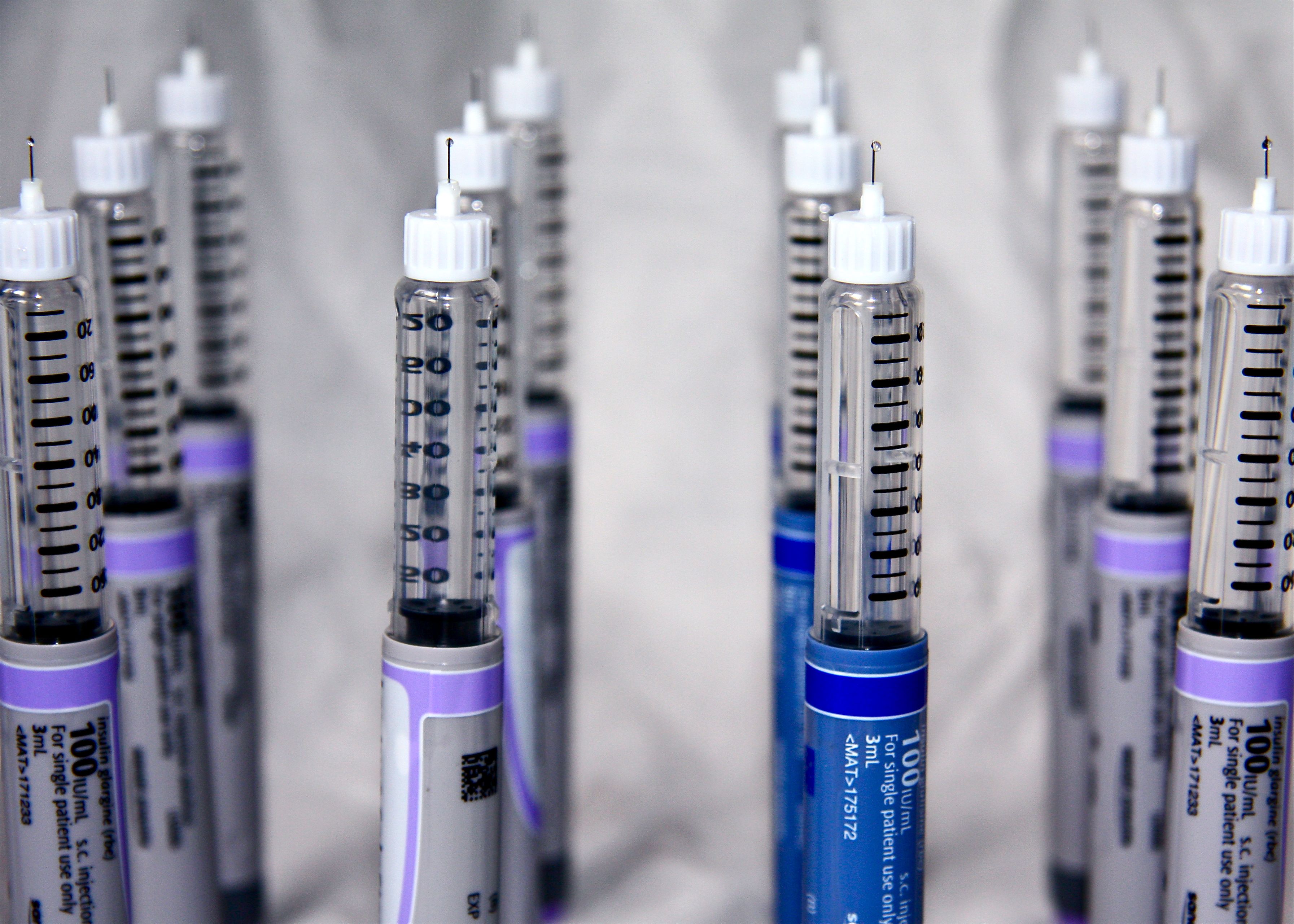
10/02/15 ‘Smart’ insulin tested in mice is a new hope for diabetes
‘Smart’ insulin tested in mice is a new hope for diabetes. Instead of repeating blood tests and injections throughout the day to keep blood sugar in check, a single dose of smart insulin would keep circulating in the body and turn on when needed. The molecule is a chemically modified version of regular, long acting-insulin. It has extra sets of molecules that allow it to bind to proteins that circulate in the bloodstream when it is off. When blood sugar rises, the smart insulin switches on and glucose locks onto it and tells it to get to work. Animal studies have shown that the technology works but experts caution that it will take years of testing before smart insulin could be used by patients.
http://www.bbc.co.uk/news/health-31291722

29/01/15 Diabetes in rats treated with an engineered microbe
Diabetes in rats treated with an engineered microbiome. Scientists have engineered human lactobacilli, a common gut microbe, to secrete a protein GLP-1. When in contact with this protein, intestinal epithelial cells that cover the guts are converted into insulin-producing and monitoring cells, just like pancreatic cells. Diabetic rats that received the engineered probiotic ended up with up to 30% lower blood glucose levels.
http://www.biosciencetechnology.com/news/2015/01/diabetes-rats-treated-engineered-probiotic

23/01/15 Type 1 diabetes prevented in mice by blocking autoimmune process destroying pancreatic cells
Type I diabetes prevented in mouse model by blocking the autoimmune processes responsible for destroying pancreatic beta cells. Scientists already knew that at least two types of immune “T-cells” are responsible for contributing to the development of type I diabetes, the role of a third type (known as TH17) was unclear. Scientists found that a pair of nuclear receptors play a crucial role in the development of TH17 cells and by targeting these receptors, they were able to stop autoimmunity from developing in several mouse models thus preserving the pancreatic cells. The use of drugs that target this cell type may offer a new treatment for the disease.
http://www.redorbit.com/news/health/1113318278/type-i-diabetes-prevented-in-mouse-model-012115/

10/11/14 Blood pressure drug cures diabetes in mice
A blood pressure drug cures diabetes in mice. In diabetic patients, beta cells in the pancreas die off because they produce too much of the TXNIP protein. This lowers the level of insulin in the patient’s blood stream increasing overall sugar levels and leading to diabetes. Using the drug verapamil actually lowers the levels of TXNIP inside the pancreatic cells, so much so that in the diabetic mouse model it completely eradicates the disease. Human trials will start as early as 2015.
http://www.sciencealert.com/common-blood-pressure-drug-cures-diabetes-in-mice-human-trials-begin-in-2015
17/09/14 Sugar-free sweeteners linked to obesity and diabetes
Studies in mice suggest that sugar-free sweeteners are linked to obesity and diabetes. Giving mice water laced with three commonly used sweeteners in doses corresponding to those recommended for humans caused the animals to develop glucose intolerance, a condition that can lead to Type-2 diabetes. The same results were also observed in a small group of human volunteers. The lead researcher, Dr Eran Elinav, from the Weizmann Institute in Rehovot, Israel, said: “This calls for reassessment of today’s massive, unsupervised consumption of these substances.” However, the small number of human participants has prompted other researchers to argue that further confirmation in a larger group of volunteers would be required.
Last edited: 20 November 2018 09:50
